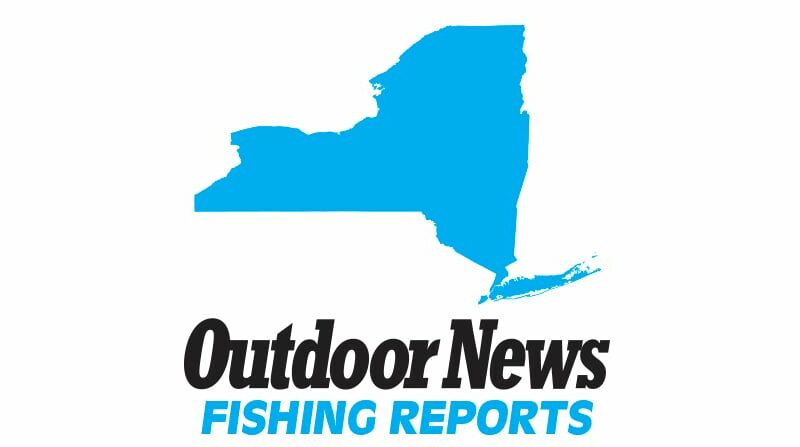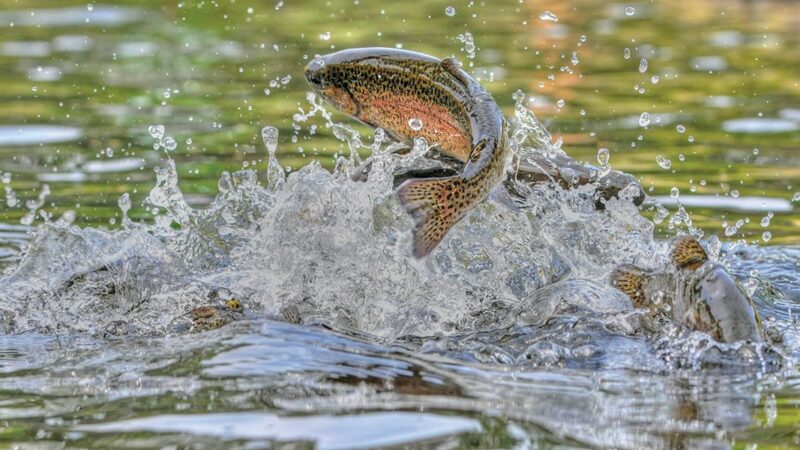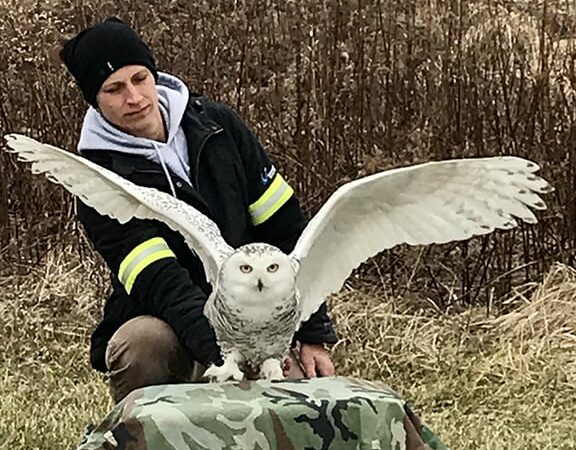Beyond Minnesota: In Georgia, flathead catfish are invading – Outdoor News
Social Circle, Ga. (AP) — Flathead catfish, a predator that would threaten native fish including the prized redbreast sunfish, are invading another Georgia river, state officials warn.
The Georgia Department of Natural Resources said that systematic sampling in August found more than a dozen flathead catfish in a stretch of the Ogeechee River.
Wildlife officials are urging anglers to catch as many flathead as they can and report them to the state Wildlife Resources Division, but not to release them back into the Ogeechee.
“They are going to be one of the apex predators around every system once they establish those populations,” Wildlife Resources biologist Joel Fleming told The Telegraph of Macon. “If they can fit it in their mouth, they’re going to eat it.”
A commercial fisherman had caught one flathead in the river in December 2021, but none of the fish had been found since then, despite extensive sampling.
The flathead catfish is native to many rivers that drain to the Gulf of Mexico, including the Coosa River drainage in northwest Georgia. But the fish has become established in multiple Georgia rivers that drain to the Atlantic Ocean, including the Satilla, Altamaha, and Savannah rivers.
Georgia officials have waged a long-running war against the flathead in the Satilla River, which drains parts of southeast Georgia before discharging into the Atlantic north of Brunswick, removing 64,000 flathead catfish from the river between 2007 and 2016. Wildlife biologists believe predatory flatheads, which can grow to more than 100 pounds, have suppressed populations of native fish in the Satilla basin.
Fleming said that about 20 flatheads had been pulled from the Ogeechee as of Sept. 25. The average size of the flatheads pulled was about 17 inches at the end of August, Fleming said, but one flathead removed by a two-person crew in late September was longer than 38 inches.
Fleming said biologists believe the flatheads caught in the Ogeechee may have “wandered in” from the Savannah River through coastal waterways when the rivers were high.
About six or seven people are using electrical current to stun fish on the Ogeechee and count different catfish species. Sampling crews can’t tell for sure how far upstream flathead catfish have spread because they’re removing the fish and killing them, instead of tagging them and releasing them.
Tim Barrett, coastal region fisheries supervisor for the Department of Natural Resources, said crews can only hope to hold down the population of flathead catfish in the Ogeechee.
“It’s just physically impossible to take them all out,” Barrett said.
SPAIN
New Animal-Rights Law Exempts Hunting with Dogs
Madrid (AP) — A new animal-welfare law that took effect Sept. 29 in Spain outlaws the use of animals for recreational activities that cause them pain and suffering but allows bullfights and hunting with dogs.
Spain’s first specific animal-rights legislation is intended to crack down on abuses. The law particularly targets the mistreatment of domestic animals, introducing fines of up to $212,000.
It bans the buying of pets in stores or online, but gives stores a grace period to find homes for their animals. In the future, it will be legal only to purchase pets from registered breeders. The new rules allow pets into most establishments, including restaurants and bars.
The law bans the use of wild animals at circuses and gives owners six months to comply. It allows zoos to keep using the marine mammals in their dolphin shows until the animals die.
Bullfights are regarded as part of Spain’s cultural heritage. A proposal to include hunting dogs in the law prompted an outcry in some rural communities, and the government backed down.
NEBRASKA
Commission to Consider Nonresident Big-Game Permit Increases
Lincoln, Neb. — The Nebraska Game and Parks Commission was set to consider fee increases to several nonresident big-game permits when it met Oct. 13 at Fort Robinson State Park.
If approved, the nonresident permit fee would increase in 2024 to: deer, $332; statewide whitetail buck, $747; statewide buck, $992; restricted statewide buck, $792; season choice antlerless only, $92; special antlerless only, $92; landowner deer, $166; antelope, $232; landowner antelope, $116; turkey, $140; and landowner turkey, $70.
The new fees would help offset the lost revenue from reducing the quota of nonresident deer, antelope, and turkey permits.
If approved, money from the fees would be deposited into the Game Cash Fund, which supports the wildlife and fisheries divisions and their research, conservation, and management efforts.
Source: https://www.outdoornews.com/2023/10/11/beyond-minnesota-in-georgia-flathead-catfish-are-invading/






